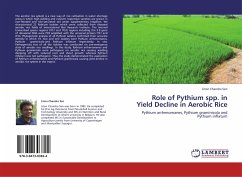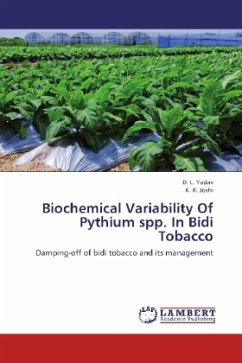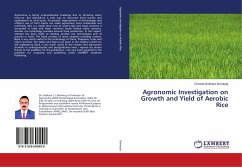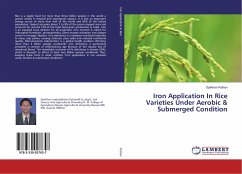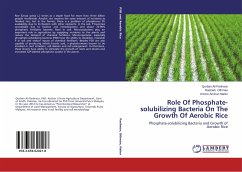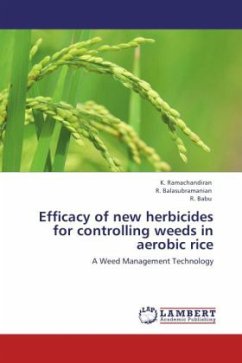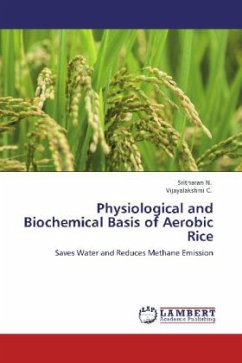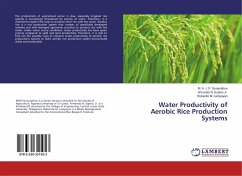The aerobic rice system is a new way of rice cultivation in water shortage areas in which high yielding and nutrient responsive varieties are grown in non-flooded and non-saturated soil under supplementary irrigation. We characterized 22 Pythium isolates which were collected from diseased aerobic rice fields of International Rice Research Institute. The internal transcribed spacer regions (ITS1 and ITS2) regions including the 5.8 gene of ribosomal DNA were PCR amplified with the universal primers ITS1 and ITS4. Phylogenetic analysis of all Pythium isolates confirmed their accurate identity in which 19, two and one isolates were Pythium arrhenomanes, Pythium graminicola and Pythium inflatum respectiveliy. In vivo Pathogenicity test of all the isolates was conducted on pre-emergence state of aerobic rice seedlings. In this study, Pythium arrhenomanes and Pythium graminicola were pathogenic on aerobic rice causing seedling damping off with reduced root and shoot growth whereas Pythium inflatum was not pathogenic. Thus the study demonstrated the association of Pythium arrhenomanes and Pythium graminicola causing yield decline in aerobic rice system in the tropics.
Bitte wählen Sie Ihr Anliegen aus.
Rechnungen
Retourenschein anfordern
Bestellstatus
Storno

